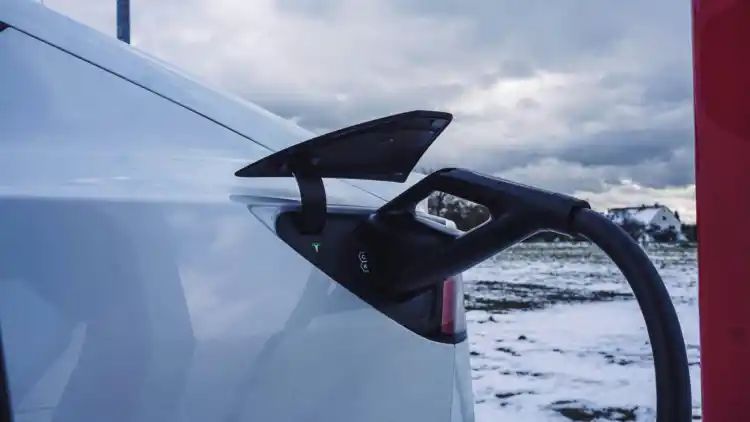Electric vehicles and their impact on the independent aftermarket in India

The Indian automotive landscape is undergoing a significant transformation, propelled by the advent of electric vehicles (EVs).
This seismic shift is not just about the types of vehicles on the road but extends deep into the fabric of automotive maintenance and repair, especially within the independent aftermarket. As the co-founder of a leading player in India’s automotive service industry, I have observed firsthand the evolving dynamics and the opportunities and challenges they present for independent garages and aftermarket service providers.
The Indian government, through initiatives like FAME India (Faster Adoption and Manufacture of Electric Vehicles), has been at the forefront of this push, aiming to reduce the country’s carbon footprint and dependence on fossil fuels. While this is a commendable vision, it introduces a new set of parameters for the independent aftermarket sector, traditionally built around servicing internal combustion engine (ICE) vehicles.
Adapting to Electric Vehicle Evolution: Transforming Skill Sets and Maintenance Practices
One of the most immediate impacts of the rise of EVs is on the skill sets required for automotive technicians. Electric vehicles, with their electric motors, battery packs, and electronic control systems, are fundamentally different from their ICE counterparts. This difference necessitates a paradigm shift in the knowledge and skills that mechanics and technicians must posses
As a result, there is an urgent need for upskilling and reskilling in the independent aftermarket sector. Technicians need to be trained in high-voltage systems, battery management, and electronic diagnostics, among other areas.
Electric vehicles boast fewer moving parts and require less maintenance than ICE vehicles. This reality translates to changes in the types of services that vehicle owners will seek from independent garages. For instance, oil changes, one of the most common services for ICE vehicles, are irrelevant for EVs. Instead, the focus shifts to battery health, software updates, and electrical component repairs.
ndependent service providers must adapt to these changes, expanding their service offerings and investing in the necessary tools and diagnostic equipment.
The unique requirements of electric vehicles present an opportunity for independent aftermarket service providers to specialise.
By focusing on EV maintenance and repair, garages can position themselves as early adopters and experts in a niche market. This specialisation can be a significant competitive advantage, attracting EV owners looking for knowledgeable and skilled service providers.
Moreover, as the EV market grows, these early adopters will already have the experience and reputation to capitalise on the increasing demand.
Navigating Technological and Economic Challenges in the Electric Vehicle Era
The cornerstone of adjusting to the EV wave lies in the technological know-how required to service these vehicles. Unlike their internal combustion counterparts, EVs operate on entirely different principles, necessitating a deep understanding of electrical systems, battery technology, and digital diagnostics. For the independent aftermarket, this means investing in specialised training programs for technicians. The complexity of EV technology means that ongoing education will be crucial, as advancements in battery technology and vehicle software continue to evolve.
The economic implications for the independent aftermarket are profound. On one hand, the reduced mechanical complexity and lower maintenance needs of EVs might suggest a decrease in the volume of repair work available. On the other hand, this challenge is offset by the potential for higher-value services related to battery management, software updates, and electrical repairs. Independent garages need to recalibrate their business models to accommodate these changes, possibly by adopting a hybrid model that caters to both ICE vehicles and EVs during the transition period. This strategy can help mitigate the immediate impacts on revenue while gradually building expertise and reputation in the EV domain.
The author is Co-Founder, GoMechanic.
Disclaimer: The views and opinions expressed in this article are solely those of the original author. These views and opinions do not represent those of The Indian Express Group or its employees.





